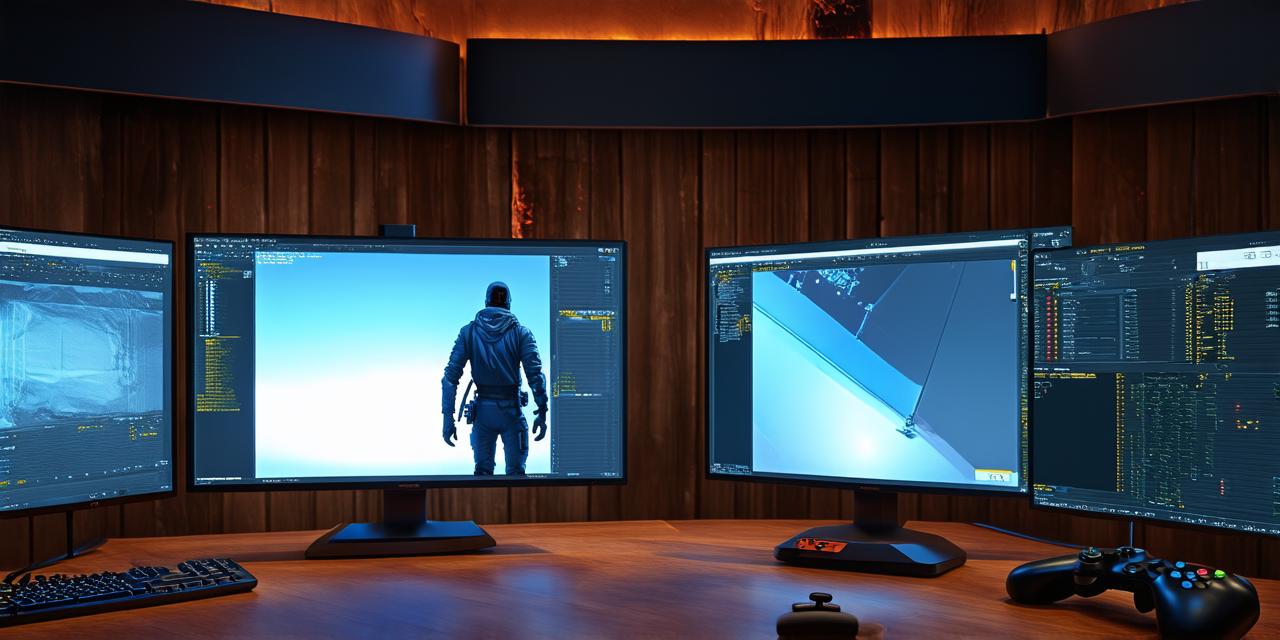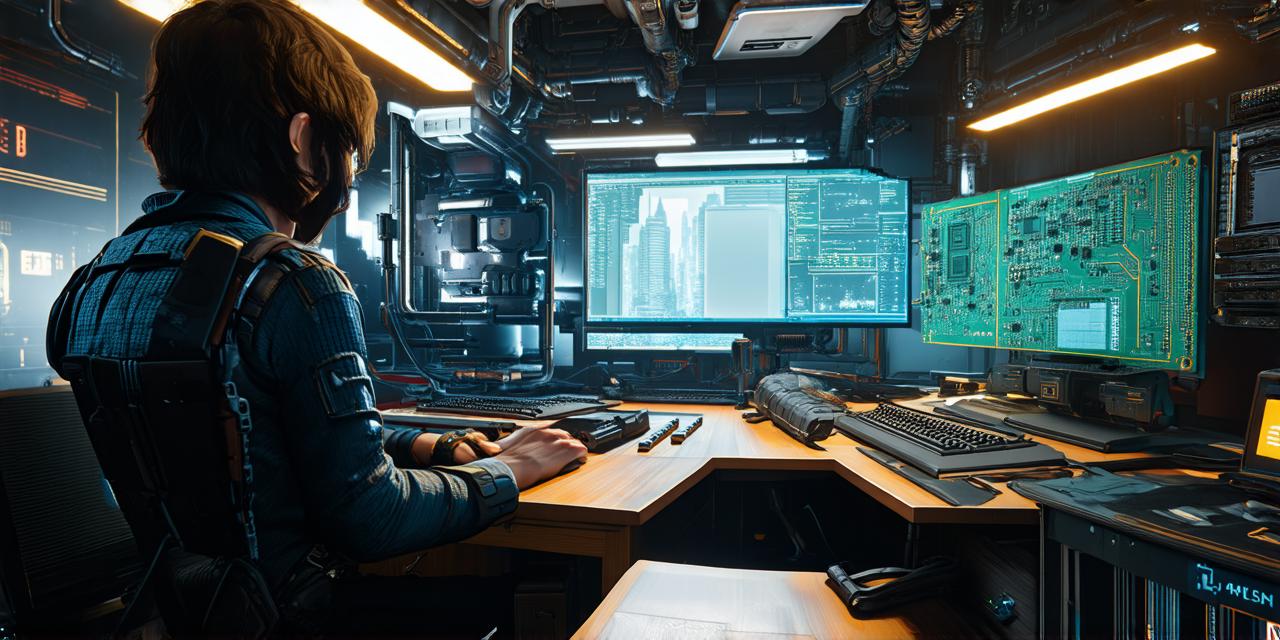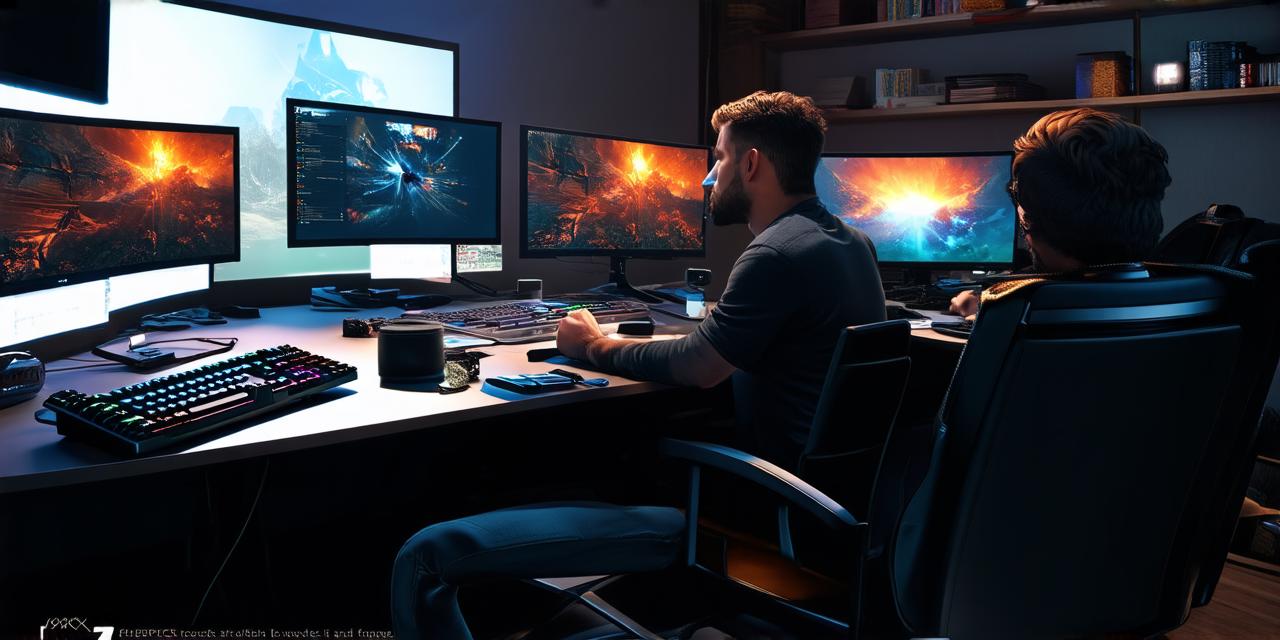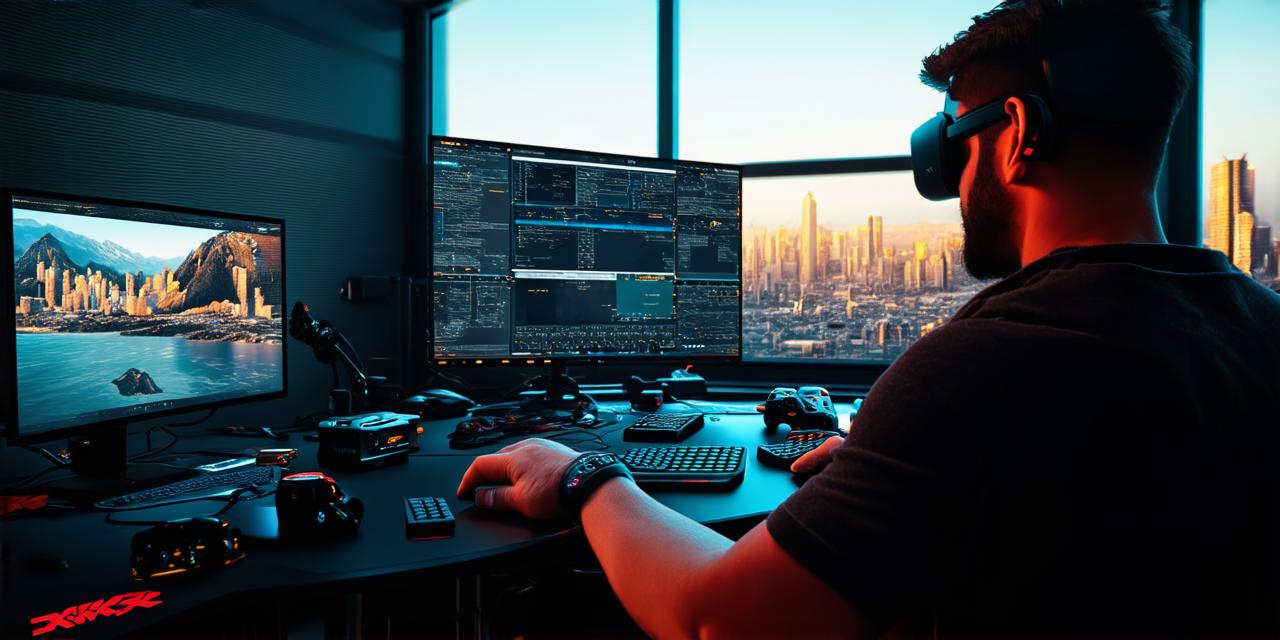Video game developers are responsible for creating the games that we love to play. From the graphics and sound effects to the gameplay mechanics and storyline, video game developers work tirelessly to make sure that every aspect of a game is polished and enjoyable for players.
1. Game Design
The first and most important responsibility of video game developers is game design. This involves creating the initial concept for the game, determining its mechanics, rules, and objectives, and then implementing those features into the game engine. A good game designer must have a strong understanding of both the technical aspects of game development and the creative elements that make a game fun to play.
One example of a successful video game developer is Shigeru Miyamoto, who created the iconic Mario franchise. Miyamoto’s unique approach to game design, which emphasized creativity and innovation over strict adherence to established conventions, helped make Mario one of the most popular and enduring game franchises in history.
2. Programming

In addition to game design, video game developers are also responsible for programming the various features and elements of a game. This involves writing code that brings the game world and characters to life, as well as implementing the mechanics and rules that govern gameplay.
A successful programmer must be able to work effectively with other members of the development team, as well as have a deep understanding of computer programming languages such as C++, Java, and Python. One example of a talented video game developer who excelled in programming is John Carmack, who co-founded id Software and was responsible for creating the Doom and Quake game engines.
3. Art and Animation
Another important responsibility of video game developers is art and animation. This involves creating the visual elements of a game, such as characters, environments, and objects, as well as animating those elements to make them move and interact with the player.
A skilled artist or animator must be able to work closely with other members of the development team to ensure that their creations are not only visually appealing but also functional and easy to use in gameplay. One example of a talented video game developer who excelled in art and animation is Hideo Kojima, who created the Metal Gear Solid series and was known for his innovative approach to visual storytelling.
4. Audio and Music
The audio and music elements of a game are also an important responsibility of video game developers. This involves creating sound effects, background music, and other audio cues that enhance the player’s experience and help immerse them in the game world.
A skilled audio engineer or composer must be able to work effectively with other members of the development team to ensure that their creations are not only technically sound but also emotionally engaging and complementary to the gameplay mechanics. One example of a talented video game developer who excelled in audio and music is Richard Devine, who has worked on games such as Uncharted and God of War.
5. Testing and Quality Assurance
Finally, video game developers are also responsible for testing and quality assurance. This involves identifying and fixing any bugs or issues that may arise during the development process, as well as ensuring that the final product meets the standards of quality and usability set by the development team.
A thorough testing process is crucial to the success of a game, as it helps ensure that players will have a positive experience and be more likely to recommend the game to others. One example of a video game developer who excelled in testing and quality assurance is John Carmack, who was known for his rigorous approach to testing and debugging.
Conclusion
In conclusion, video game developers are responsible for a wide range of tasks that contribute to the overall success of a game. From game design and programming to art and animation, audio and music, and testing and quality assurance, every aspect of a game’s development requires careful planning, collaboration, and attention to detail.




